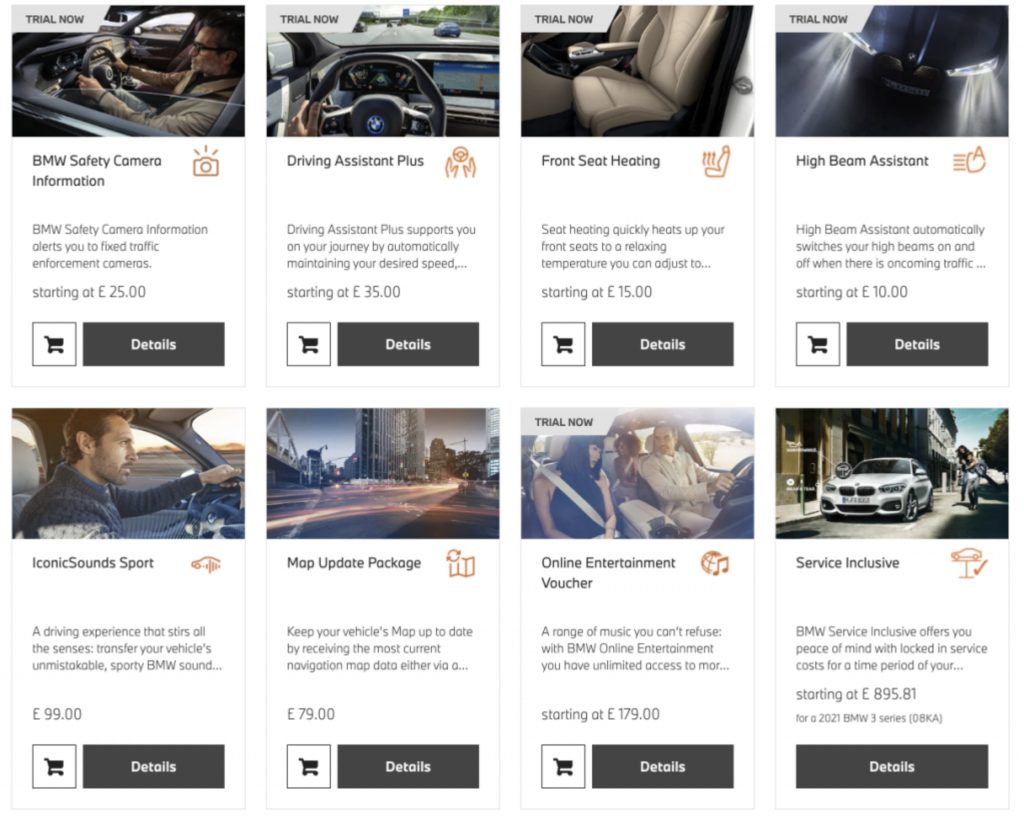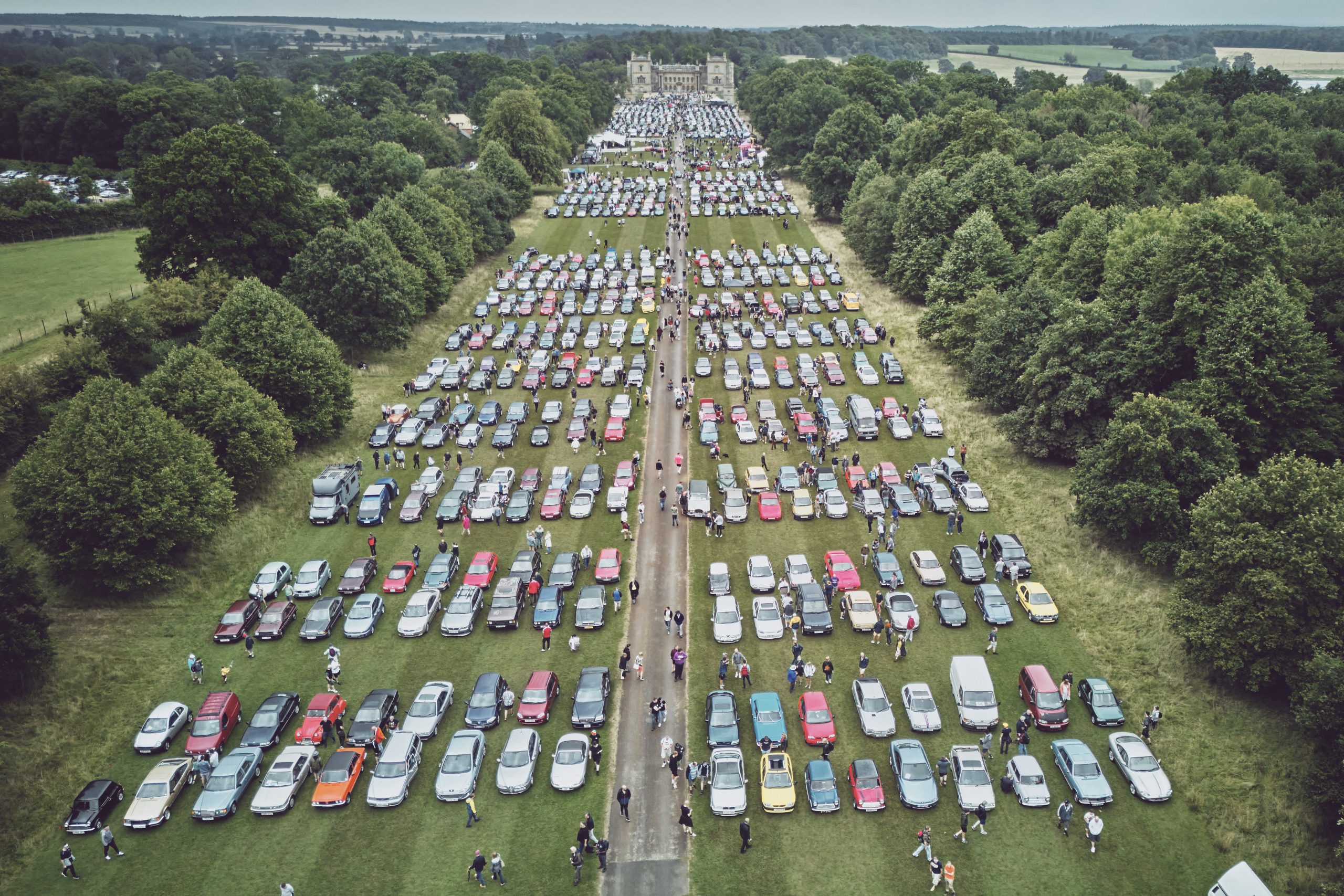What did your parents have to pay for when you were in short trousers?
There was the school uniform and patches for your worn-out jeans, maybe a bus pass, unless you went to school on your Raleigh Equipe racer or, for cool-kid points, a Diamondback BMX. And, if you were lucky, there was some pocket money for sweets, records, and then – when your oldest-looking mate could get served – beer.

Come the weekend, you’d nag mum and dad to go to Radio Rentals for a new telly and new-fangled video recorder, so you could record episodes of Knight Rider and The A-Team. And when no one was looking, you’d programme it to record An American Werewolf in London.
Things are a bit different now. There are kid-friendly bank accounts that need continual feeding to fuel children of the consumption age. The television is really a computer, streaming back-to-back bingeathons via paid-for services – Apple, Amazon, Netflix.
Music is piped around the Mills house by Apple and Spotify. Online gaming needs a Playstation Plus account. The coffee capsules arrive via a Grind subscription (compostable, you see). Countless parcels arrive on an almost daily basis, through Prime. Our dinner is delivered by Hello Fresh.
As for the university and work life, there are subscriptions to Gmail, to Dropbox, to Office 365, to BT – I could go on. And on. And we aren’t as hooked by the subscription economy as some families we know.
When I open my banking app, there are 20 different subscription offers tailored to me, chasing my money, every month, for as long as I enjoy – or, more likely, forget to cancel – the subscription.
We were told the subscription economy would make life easier, that little bit more manageable, for everyone. But it’s only making us poorer. Just as car finance took off because we all like new, shiny stuff that we can’t afford, these monthly plans are hiding the true financial burden.
So imagine what driving, in the loosest sense of the word, will be like in the future.

We don’t have to go too far back in time to remember when driving was a way to switch off from a hectic life and focus on, well, the mental and physical act of driving. But as self-driving looms on the horizon, the business of making money out of drivers is changing. Gone is the quaint notion that there is some profit in selling a car, a few options and finance, and a bit more profit in aftersales. Instead, cars are set to become the ultimate snooping device when it comes to knowing as much as possible about you, where you live, where you work, your shopping habits, sexual habits, and health conditions (yes, really to those last two, it’s already a thing), your inner-most thoughts (as the always-on mic that you neglected to switch off listens in), which drive-through your kids prefer…
We’ve already reported on how subscriptions will allow you to switch on options, from heated seats to range-boosting battery software, active safety systems to full self-driving capability. (Which, I have argued, has the potential to be a good thing.) But… that’s just the tip of the iceberg. With a captive audience at its fingertips, the car industry will mercilessly monetise drivers.
There will be offers of wealth management for the rich and loans for the squeezed middle; gym subscription deals along your commute and shopping discounts for after work. On and on it will go, because carmakers will make far more money this way than simply by selling cars. General Motors predicts that in two decades time, in-car subscription services will earn it $25 billion, a similar sum to Netflix and Spotify now. Ford is doing much the same, working in partnership with Amazon to develop an ecosystem for connected and autonomous vehicles, be they cars, public transport, or scooters.
And sure enough, the time will come when you stare at your decimated bank balance, wonder where on earth things went wrong, and realise that those canny car companies have managed to extract a mountain of money from you, every month, for years. And when all is said and done, you won’t really own any of what you’ve paid for.
Happily, none of this can be applied to old cars. Which, ironically, will probably make our classics all the more desirable and our hobby all the more healthy. So, er, long live the subscription economy.










How long will it be before they tax the classic car. Road tax,higher fuel,insurance,tax on any profit made from a sale. The only luxury for classic car owners is that the carbon footprint was made long ago. Happy short term driving. P Dalton in Cornwall
Nice article, although it confirmed a lot of what sounds like the death of driving. I’ve told all my (adult) children they have to take good care of their vehicles. They may not be able to replace them.